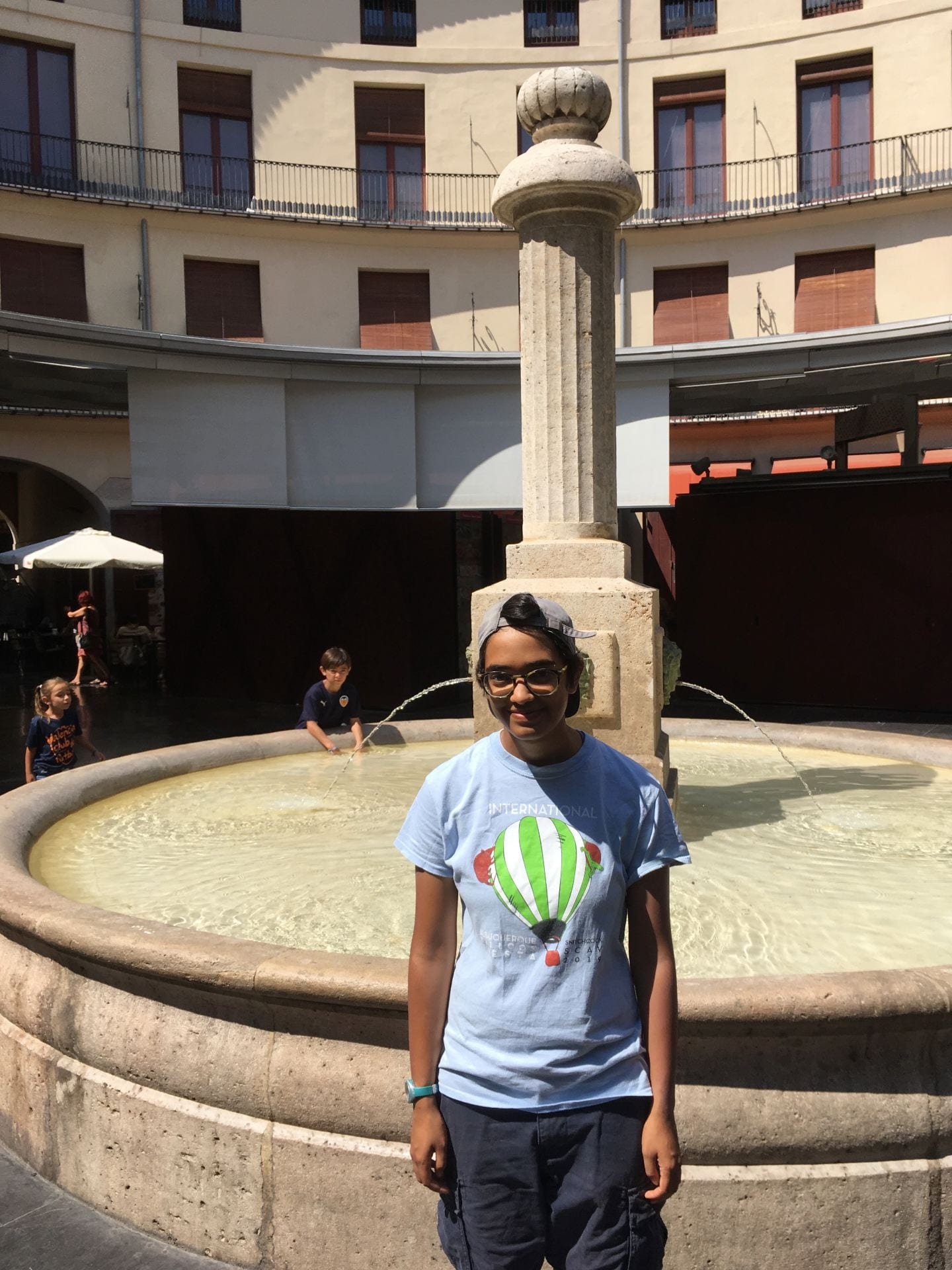Why Catalan? Hear from UChicago students!
I think learning Catalan, just like learning another language, really opened me to up to a whole new world. Not only did I learn about another culture, I opened myself up to new things within my interests. I personally love reading, and learning Catalan has allowed me to learn about a new literary tradition. There are so many great books written by contemporary and classical Catalan authors. I have become interested in translation as a way of sharing my favorite books with family and friends.
Learning Catalan also allowed me to go on one of the Institut Ramon Llull’s Estades Lingüístiques. For two weeks, I was able to join other students who were learning Catalan around the world on a trip to Girona and Andorra for classes and cultural based activities. They packed each day with learning and activities such as hiking, wine-tasting and musical performances. It was all around an unforgettable experience, and I still keep in touch with other students who have continued to work in Catalan Studies outside of the university setting.
Samantha Mateo
Learning Catalan has been so beneficial to my life outlook and my research. I have studied Romance languages in the past and use a few of them for my research and work everyday still, but there is just something about Catalan that I adore. The language and the cultures that I have learned about while studying has helped me learn more about different outlooks on living as well as different things about how languages work, especially in different cultural and political contexts.
Robin
I’ve honestly gained so much from learning Catalan that it would be hard to imagine my life without it. Most of the music I listen to, many of the TV shows that I watched, a lot of the culture that I interact with is in Catalan. Learning Catalan has allowed me to gain a more global perspective, and has also taught me the importance of speaking in one’s own language. It’s also a language with a very small but tight-knit network of learners in the US and abroad, which means that your classes will be full of interesting and passionate people, and you’ll get to build connections that you might not have had otherwise. Studying Catalan has been incredible, it’s a language that’s very dear to me, and I hope other students get the chance to enjoy learning it as much as I have!
Marisa
Studying Catalan has opened my eyes to an entirely new culture and perspective. It’s given me a different lens to view the world, including history and current politics. This has created more authentic traveling experiences and has given me better social and cultural awareness which is critical in any career field.
Studying Catalan gave me greater access to amazing authors, artists, and activists, and it made my study abroad experience in Barcelona more intimate and meaningful.
Speaking Catalan in Barcelona has made my time here more colorful. People appreciate my attempts to learn their native language.
Catalan is not only useful for living in Barcelona, but also essential for understanding the culture of Catalonia as well as the experience of minority language speakers.
Learning a Romance language has enriched my ability to communicate with people across different cultures in a fulfilling way. Studying Catalan opened my mind to the history and culture of a region of the world with which I had no experience but fell in love with.





